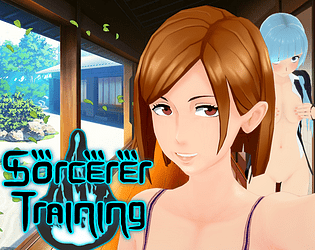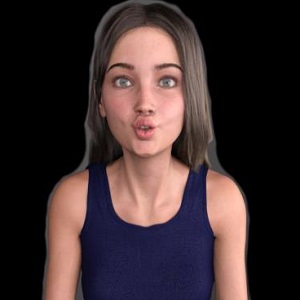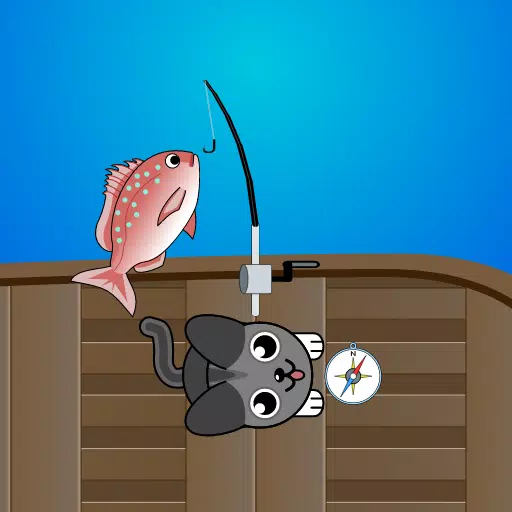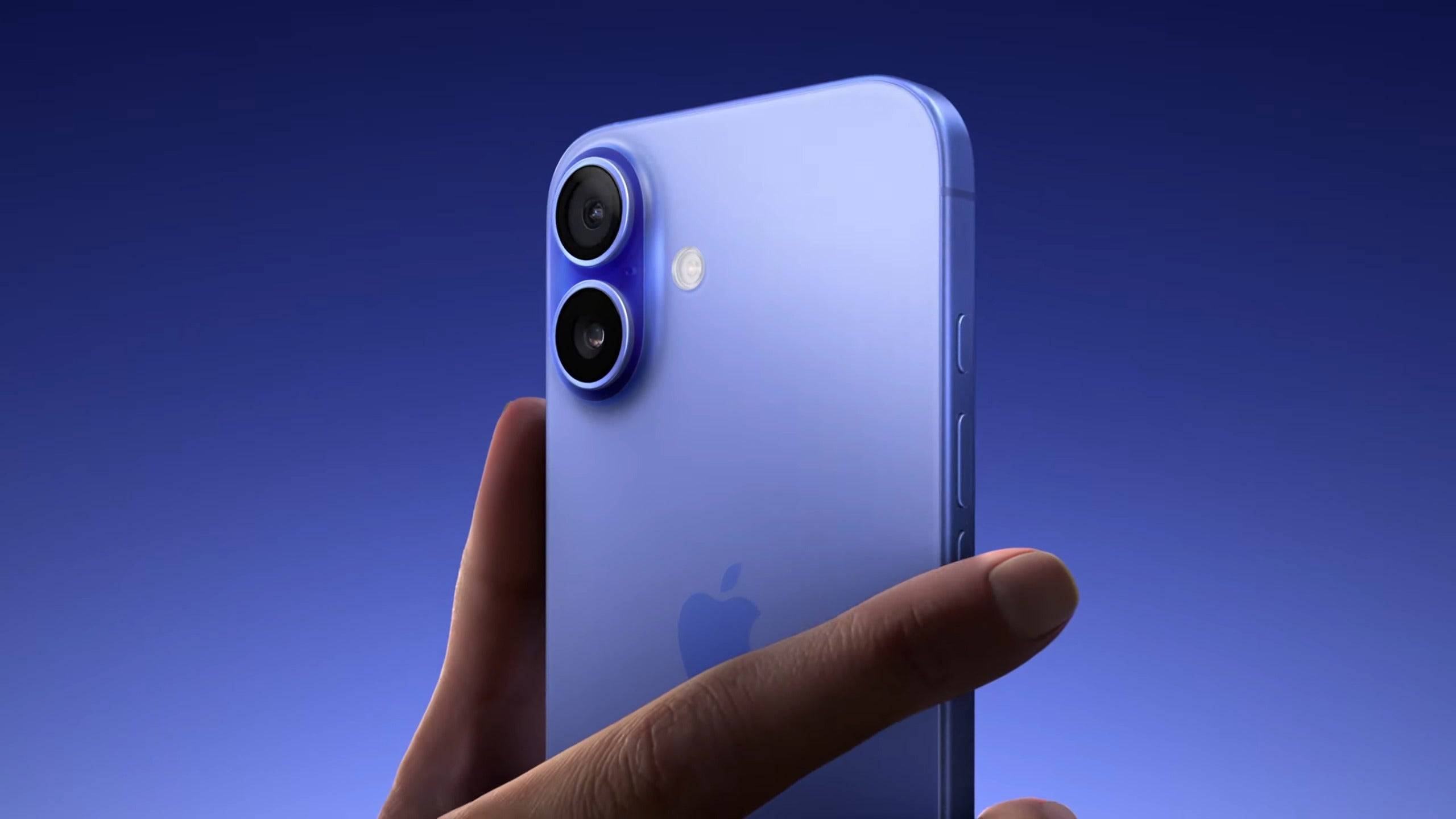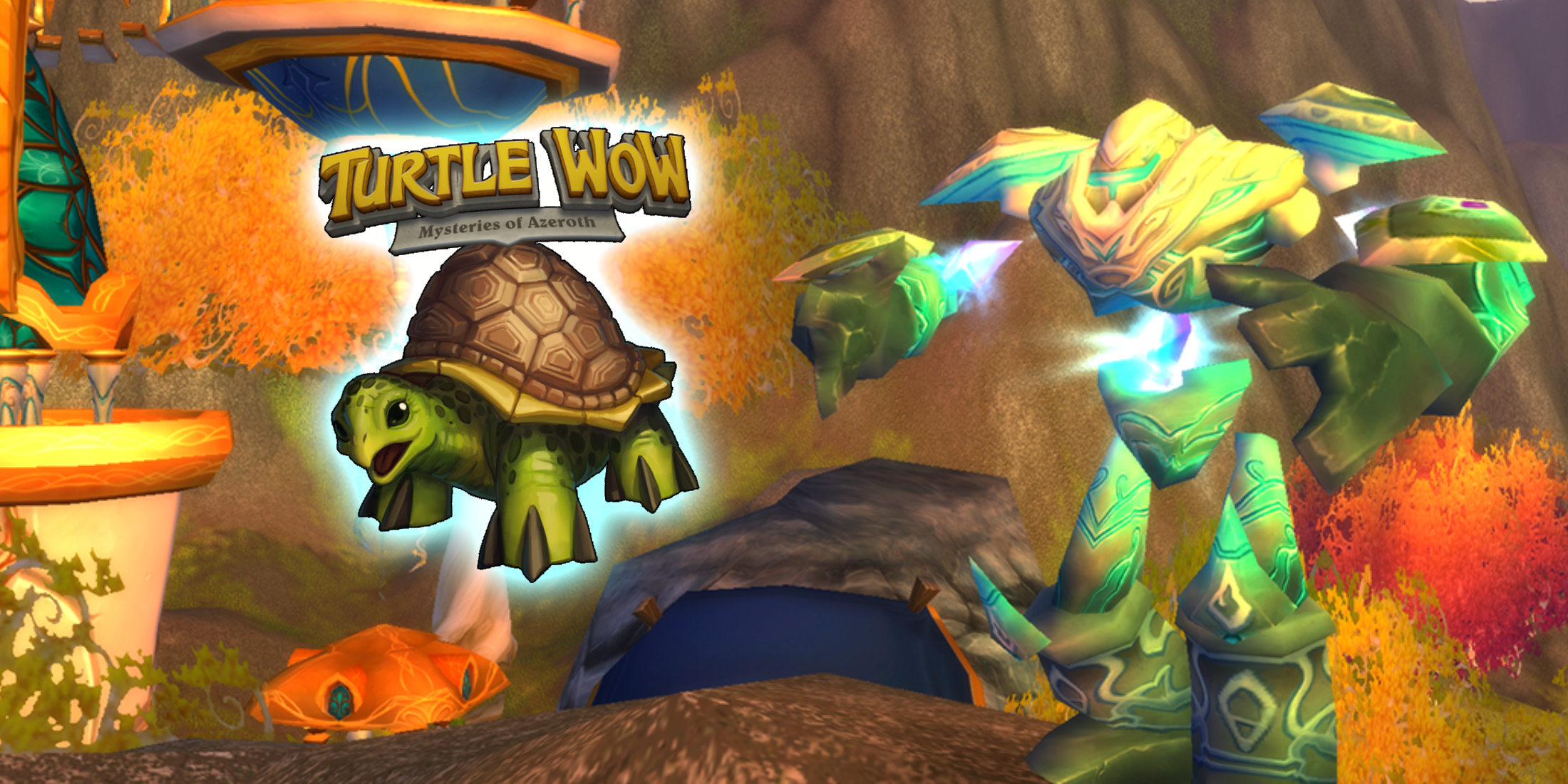Nintendo Opts Out of Generative AI for Games
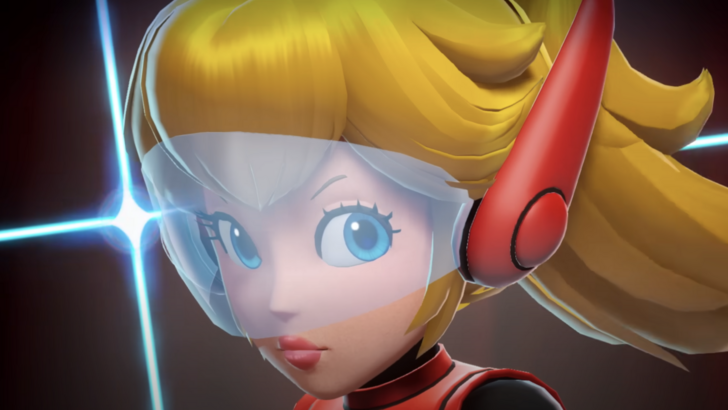
While the gaming industry explores generative AI's potential, Nintendo maintains a cautious stance, prioritizing intellectual property protection and its signature creative approach.
Nintendo President Confirms AI Will Not Feature in Future Games
Intellectual Property Concerns Drive Policy Decision
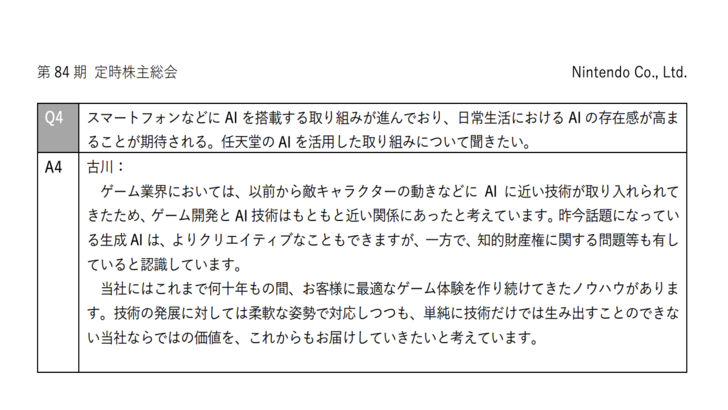 (c) Nintendo
(c) Nintendo
In a recent investor Q&A session, Nintendo President Shuntaro Furukawa clarified the company's position against incorporating generative AI technology in game development, citing significant intellectual property concerns.
Furukawa distinguished between traditional AI applications in gaming (like NPC behavior systems) and modern generative AI: "While we've used AI-based technologies for decades in areas like enemy behavior, generative AI presents new challenges regarding intellectual property rights."
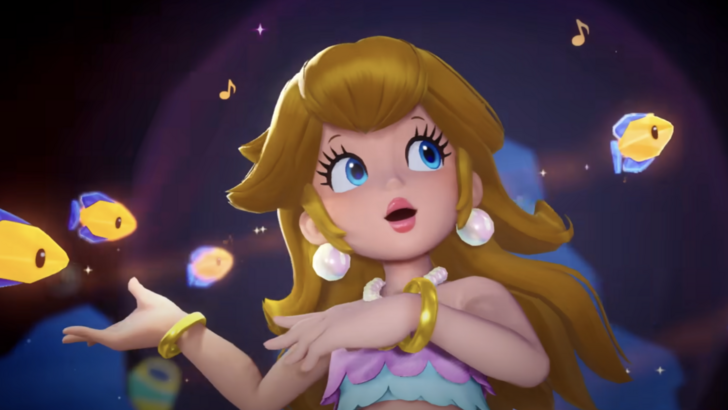
The executive acknowledged generative AI's growing industry prominence but emphasized Nintendo's reservations: "Although this technology offers creative possibilities, we're acutely aware of potential intellectual property complications stemming from how these systems are trained on existing content."
Commitment to Nintendo's Creative Identity
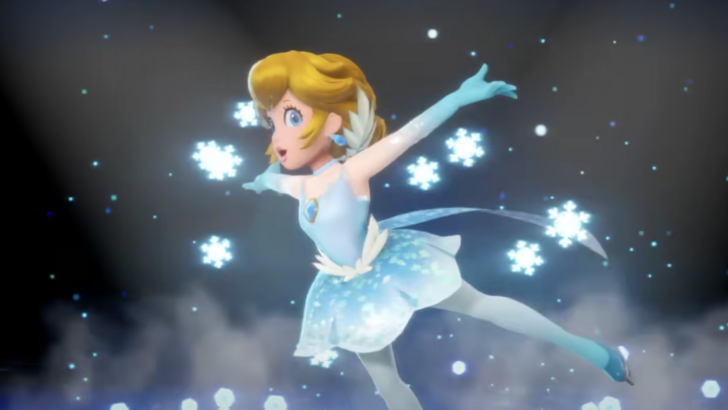
Furukawa highlighted Nintendo's distinctive development philosophy: "Through decades of experience, we've cultivated specialized expertise in crafting uniquely Nintendo experiences. While we monitor technological evolution, we'll continue delivering value that transcends pure technological solutions."
This conservative approach contrasts with competitors' strategies. Ubisoft recently demonstrated Project Neural Nexus NEO NPCs featuring generative AI-driven character interactions. Meanwhile, Square Enix views AI as a strategic opportunity, and EA anticipates generative AI transforming over 50% of its development processes.
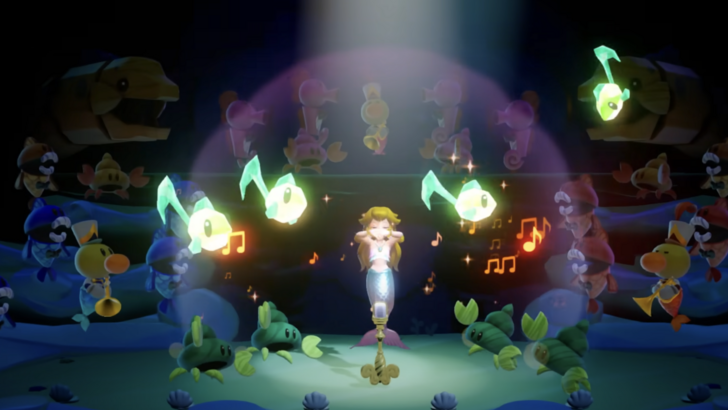
-
Rush Royale unveils its Spring Marathon update, packed with exciting new contentUnlock the powerful new Legendary hero - Twilight Ranger joins the battleMajor improvements to Faction Blessings plus the all-new Shard Hunting modeThe season of renewalAuthor : Logan Feb 09,2026
-
Get a fantastic deal on a powerful RTX 5070 Ti gaming laptop from eBay. Antonline (via eBay) is offering the Asus ROG Strix G16 with the RTX 5070 Ti for just $1,999.99, including free shipping. Beyond the capable graphics card, this laptop is poweredAuthor : Samuel Feb 08,2026
-
 Fishing Online: Classic fish machine, free gameDownload
Fishing Online: Classic fish machine, free gameDownload -
 Миллионер - игровые автоматыDownload
Миллионер - игровые автоматыDownload -
 Bike LifeDownload
Bike LifeDownload -
 Kelime Gezmece KlasikDownload
Kelime Gezmece KlasikDownload -
 5 букв Слова ВордлиDownload
5 букв Слова ВордлиDownload -
 Mega Winner SlotsDownload
Mega Winner SlotsDownload -
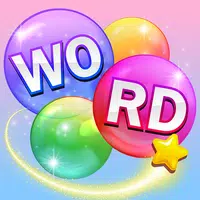 Word Magnets - Puzzle WordsDownload
Word Magnets - Puzzle WordsDownload -
 Black Jack for Winners: Card GameDownload
Black Jack for Winners: Card GameDownload -
 RuzzleDownload
RuzzleDownload -
 Smart Baby ShapesDownload
Smart Baby ShapesDownload
- HoYo Fest 2025: Fresh Updates on Comeback
- Mastering Two-Handed Weapons in Elden Ring: A Guide
- Wuthering Waves: Uncover the Secrets of Whisperwind Haven's Palette
- Roblox Simulator Codes: Unlock Exclusive Rewards!
- Ultimate Guide to Shinigami Progression in Hollow Era
- Top 25 Palworld Mods to Enhance Your Game




